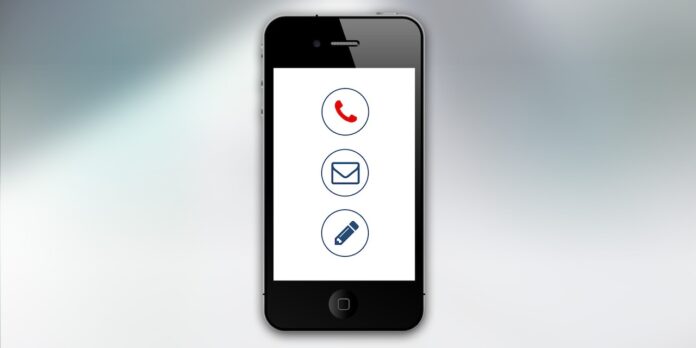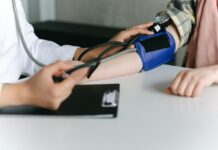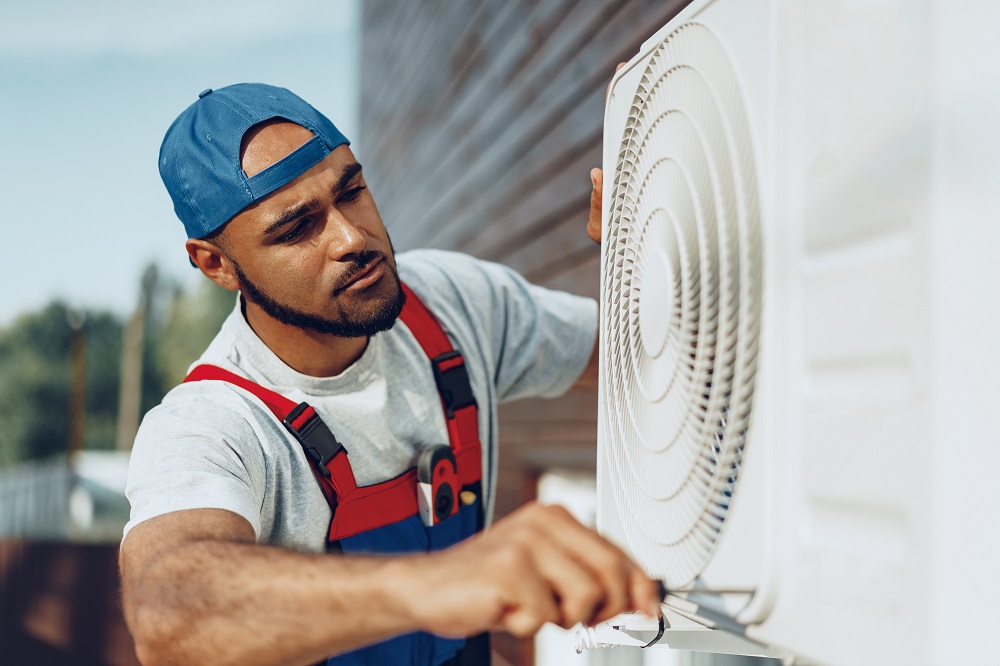It is impossible to tell when you will be in an emergency, so you must always be prepared for anything. The most important thing is to have the right contacts that may be helpful when you need them. Below are our top 10 emergency contacts you should always have at the ready.
1. Family Doctor
You must have a family doctor you can ask for medical advice when needed. Access to a doctor is crucial if you have any medical complications. Also, the family doctor can share your medical history with other doctors to enable them to diagnose any health issues you may be facing. This is important because it could save a lot of time and potential stress in finding out the right course of treatment.
2. Family Members
Your family members must be the first contacts in an emergency. If you have a spouse or other family members living near your location, it would be easier for them to be contacted in a crisis.
3. Local Lawyer
You never know when you may get caught up in legal issues. In this case, it’s best to have direct access to your local attorney. You can find one online or by asking your friends and family for recommendations. Lawyers are handy in many ways, from representing you in court to helping you get your insurance claims.
4. Veterinarian
If you keep pets, the veterinarian is very important for you. It may be difficult to treat your pets at home in emergencies; hence, a vet’s contact is a must-have. The vet can always rush to your house, or you can drive to their offices after calling ahead.
Since they know your pet’s medical history, they can advise on health issues and recommend the best treatment. You can always find a vet in your neighborhood by searching online for terms like “dog urgent care near me,” for example, to get recommendations.
5. Local Fire Department
The local fire department is another vital contact in case of any emergency, like a fire hazard or accident in your area. These are professionally trained to handle the most dangerous situations, so keep their contacts close in case of the worst.
6. Local Pharmacist
The local pharmacist is essential and can provide immediate medication you may need based on your medication history. The pharmacist may also ensure you get the correct dosage of drugs your local doctors recommend in an emergency.
7. Friends and Neighbors
You may not know your neighbors well, but if you are in an emergency and need help, it is better to use them as contacts.
8. Insurance Agent
You may need an insurance agent to cover any insurance-related issues in an emergency. An insurance agent has diverse knowledge on such matters and will provide the best advice whenever necessary. For example, they can help you get your claims in case of a house fire, car accident, or other property damage.
9. Police Department
If any criminal activity requires police attention, it is crucial to have the right contacts to handle it. You may not call the police often, but emergencies can happen anytime, so it is better to have their contacts just in case.
10. Mechanic
Your mechanic can be a good contact for any vehicle-related emergencies. They can repair your vehicle if it breaks down and needs immediate fixing. You can ask for their advice if your car breaks down in the middle of nowhere. The mechanic may guide you to make simple repairs as they understand your vehicle and its needs.
Also, services such as roadside assistance are essential when you are in an accident or stranded on the road. If your car breaks down or you are in a minor accident, they will be the ones to assist.
Bonus: School Contacts
You can also have school contacts to get in touch with teachers or officials in times of emergency. For example, you may need to straighten your schedule or contact a teacher for a critical and time-sensitive matter. Also, if you are a parent, school contacts are necessary to follow up on your child’s progress and safety.
Bottom Line
Keep most of these contacts in your wallet, purse, or any other place where they can be reached easily. You may not know when and where you might find yourself in an emergency, so having a contact list should always be necessary.















